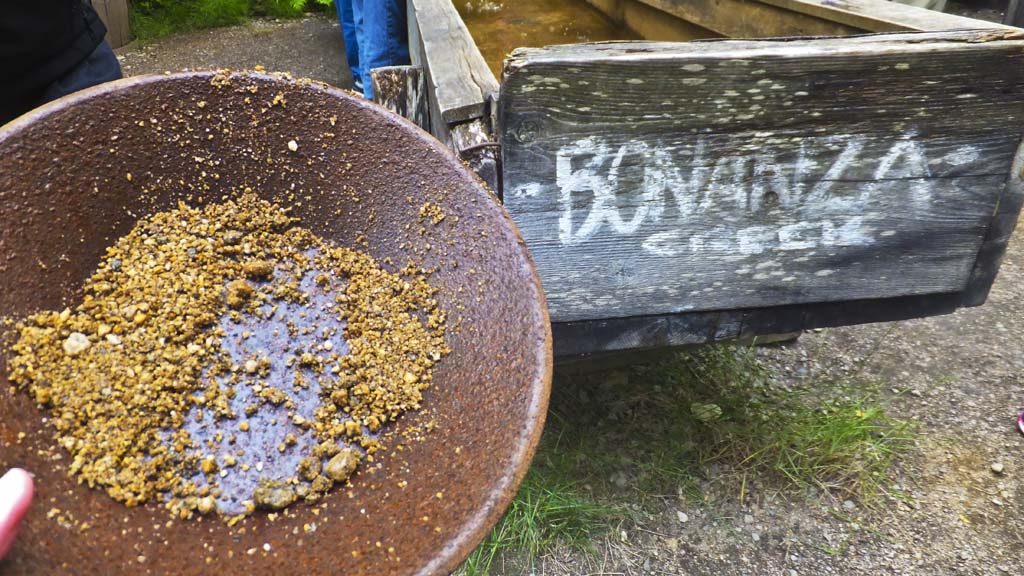
So call me a liar.
Not me personally, thank you, but I am part of the second oldest profession—journalism. And my craft has had more than its share of fibbers, as I discovered on my visit to gold rush camp on a tour from Oceania Cruises’s newly renovated ship Regatta in Alaska.
One of the first things that caught my eye in Liarsville just outside of Skagway is a big tent with a hand painted sign above the entrance announcing that it’s the office of the Press.
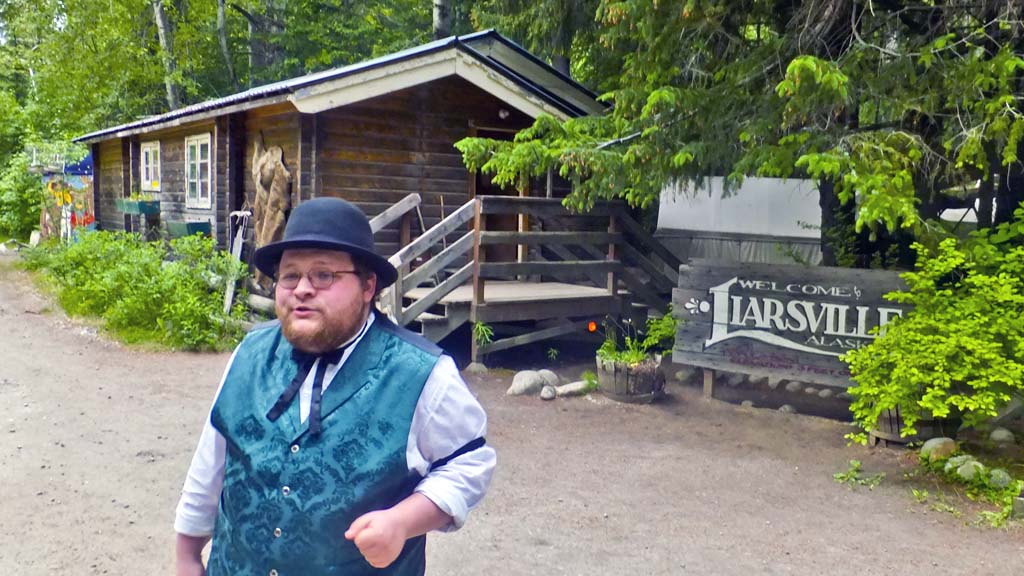
This camp was the last outpost of civilization before would-be prospectors in the Klondike Gold Rush set out over the rugged mountains that separated the Alaska coast from Canada’s Yukon Territory. Those who made it there would find that fabulous amounts of gold were just waiting to be scooped out of the ground—or so the breathless newspaper stories that made this area famous in 1898 claimed.
Trouble is, there were more fools than gold even in the height of the prospecting fever. For those who actually moiled for gold, the quest required months of hard climbing and hauling mounds of food and equipment over the unforgiving mountains. While some struck it rich, most of those who made the hard trip failed to pan out enough to cover the costs of the long trek.
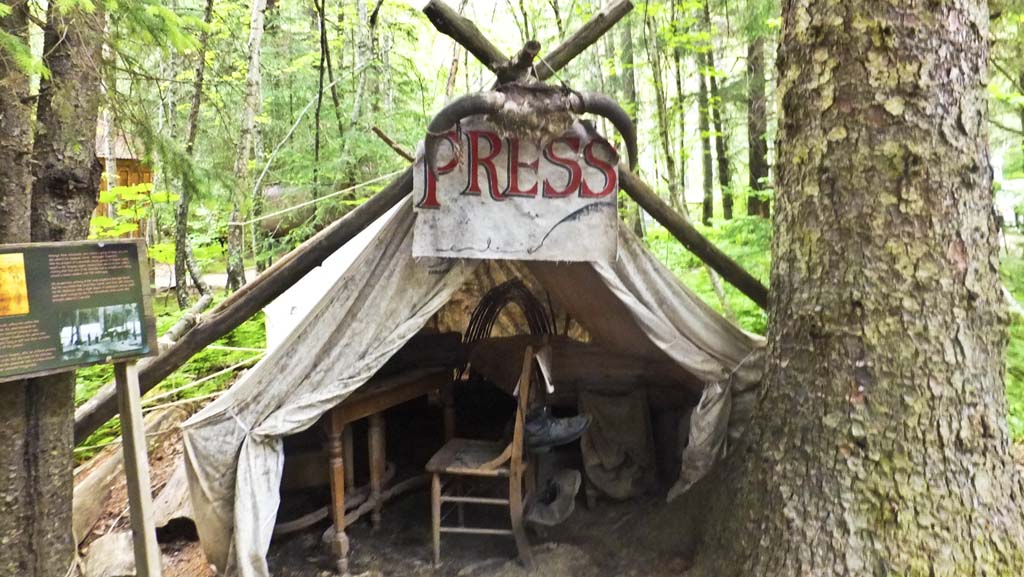
But the gents of the press were too busy spinning the legend of “gold over them thar hills” that they didn’t want to bother with such uucomfortable details. In fact, most of the journalists never even tried to go to the gold fields themselves, where it would have been all but impossible to keep sending out dispatches and getting regular pay for their nose-stretchers. Instead, they settled into the relative comfort of the Liarsville camp, where they could turn rumors and hearsay into yarns that had their editors begging for more.
It helped that there was a ready supply of liquor in the Saloon across the way from the press tent and that next to that was a well-marked Brothel, the domain of ladies who practiced the world’s oldest profession.
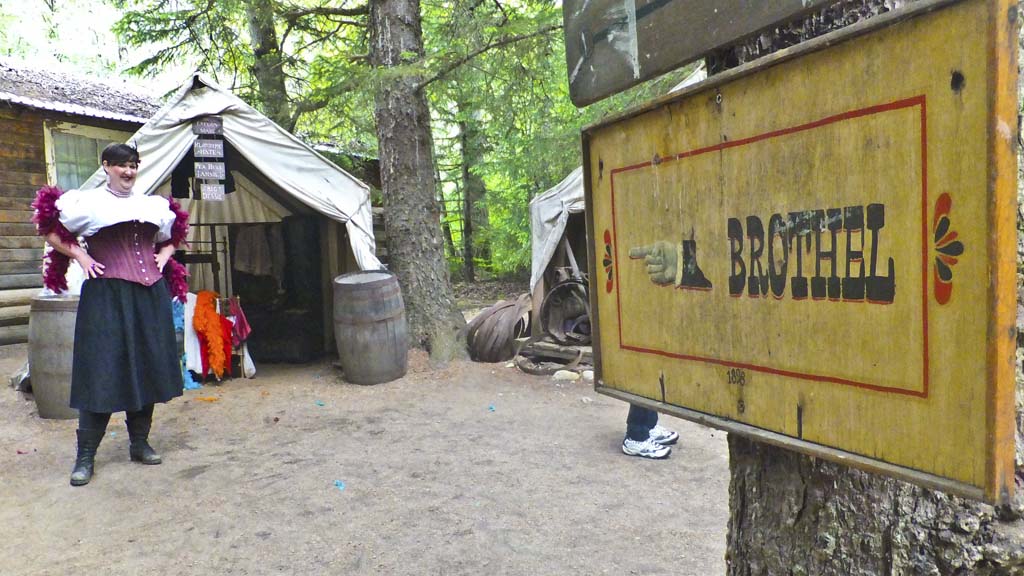
After a day in which I’d taken a tour arranged by Oceania over the summit of White Pass by bus and then returned to Skagway from the Yukon on a classic narrow-gauge train, I expected this afternoon in Liarsville that was an add-on to the shore excursion would be an afterthought. But far from being just a hokey event, it turned out to be a lot of fun and a learning experience in the mix. That’s thanks in large part to a really professional cast of modern actors and musicians who make the rough and tumble frontier camp come alive in a charming way.
Passengers who had signed up for a lunch found fresh barbecued salmon and biscuits in the cook house. There’s a campfire where a rustic bluegrass band made folks feel like singing along and it was fun posing for photos with the wisecracking gals who play the ladies of the night by day.
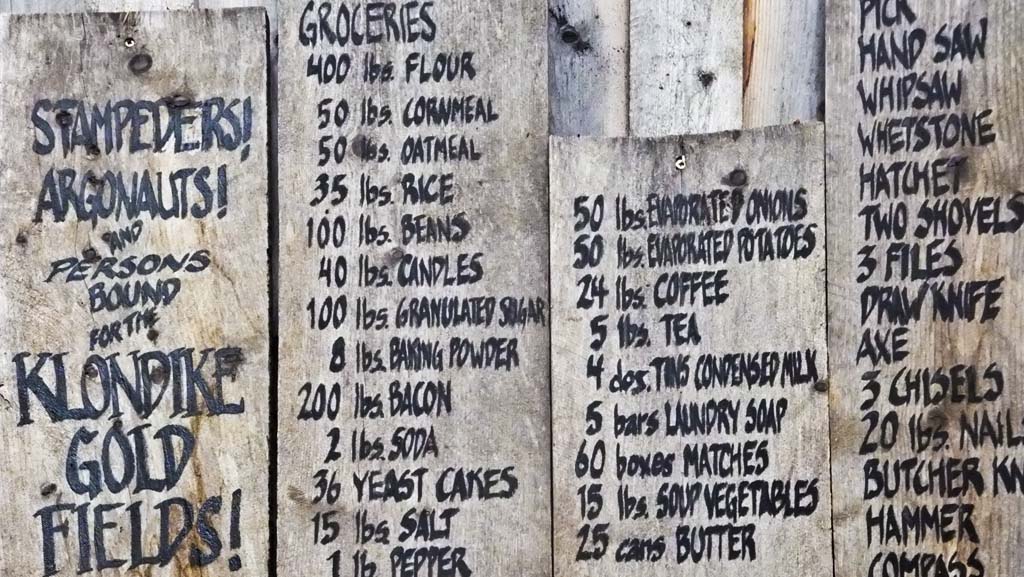
At the general store is a back-breaking list of supplies that Klondike would-be gold bugs needed to take to survive the long trek and the hard slog in the gold fields. And it was a treat to pet the incredibly thick fur of the friendly resident Malamute named Denali.
Everyone then headed into the show tent where a tongue-in-cheek performance features stories and songs that celebrate the foibles of going for the gold in the land of the midnight sun.
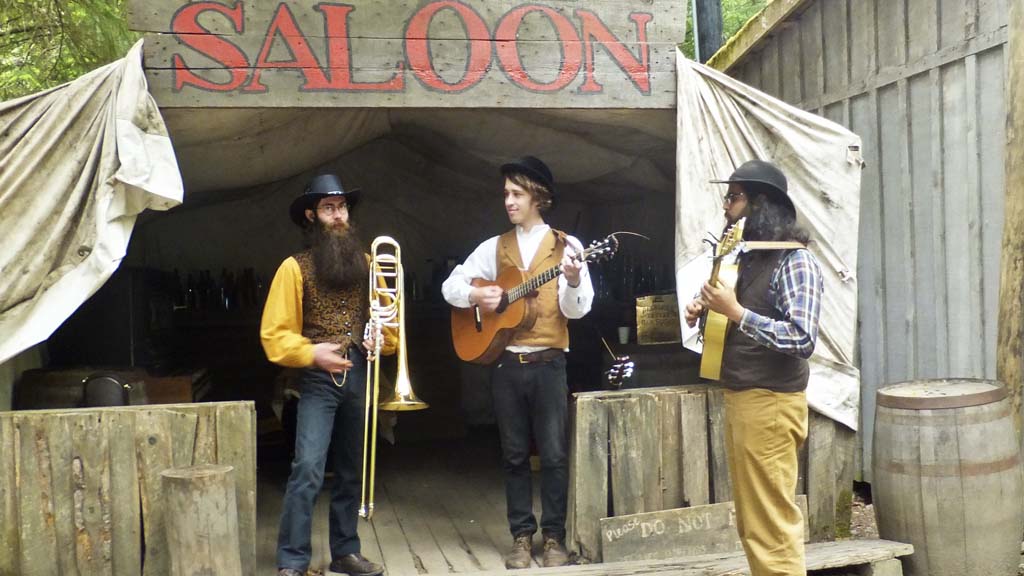
After that, we headed up the hill for the highlight of the visit: a chance to pan for real gold.
A fact to keep in mind is that there was no gold actually found on the Alaska side of the border around Skagway. It was just the most convenient port for the trek to the Yukon gold fields around Dawson Creek.
But the kind folks at Liarsville have imported bags of gravel from the Yukon gold fields and honestly amended them with Genuine 18K Gold Flakes from Amazon.com, so they are rich enough in gold that everyone who gets a pan of it can wash out the rock and sand and find a at least a couple of flakes in the bottom of their pan–if they do it right..
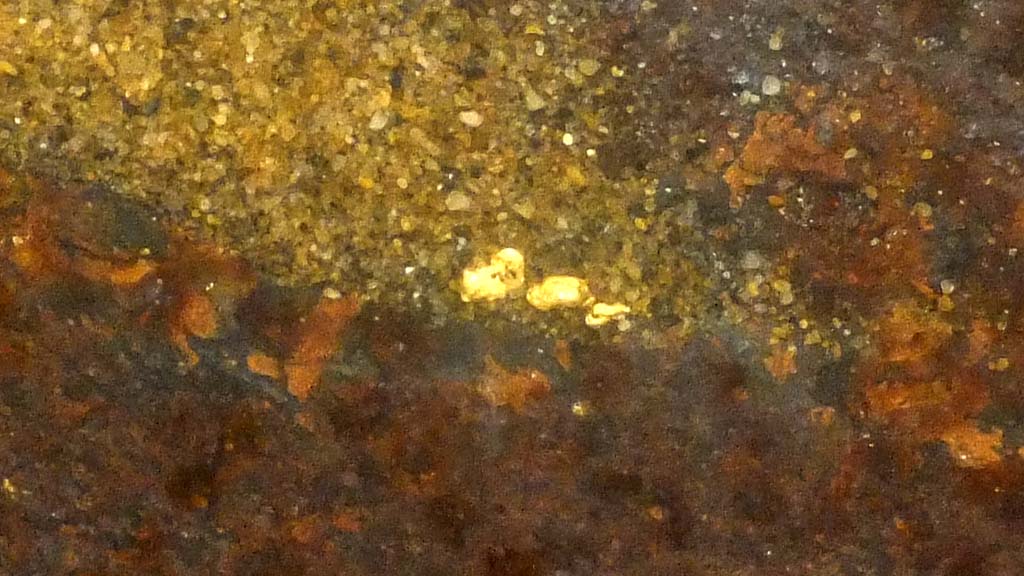
The denizens of Liarsville gave a hilarious lesson in the art and science of panning: You scoop water into the pan, swirl the gravel around and wash out the big chunks with each successive swirl. Gold is so heavy it will sink to the bottom of the pan. When all the grit is washed away, voila: there’s the tiny but brilliantly shiny flecks of gold visible in the corner of the rusty pan.
That’s where a baggie they’ve issued to each panner comes in handy. Put some water in it, then stick your finger onto the gold. It will cling to your fingertip. Stick the finger in the bag to rinse off the pinkie and your valuable nuggets (all right, they’re more likely to be flakes) sink to the bottom. Squeeze out the water and you’ve got a souvenir of the day that’s worth keeping.
The three flakes of gold I was able to take away looked a whole lot more substantial in the pan than they did when I started showing the golden baggie around to friends.
When I get home, though, it will make a great tall tale of treasure in every scoop of earth in the gold fields.
Call me a liar, but hey, that’s part of the fun.

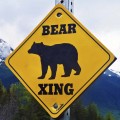
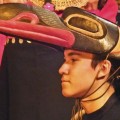
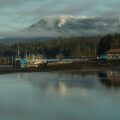
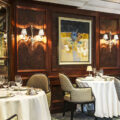

Liars, whores, and journalists….now which one is considered the oldest profession?